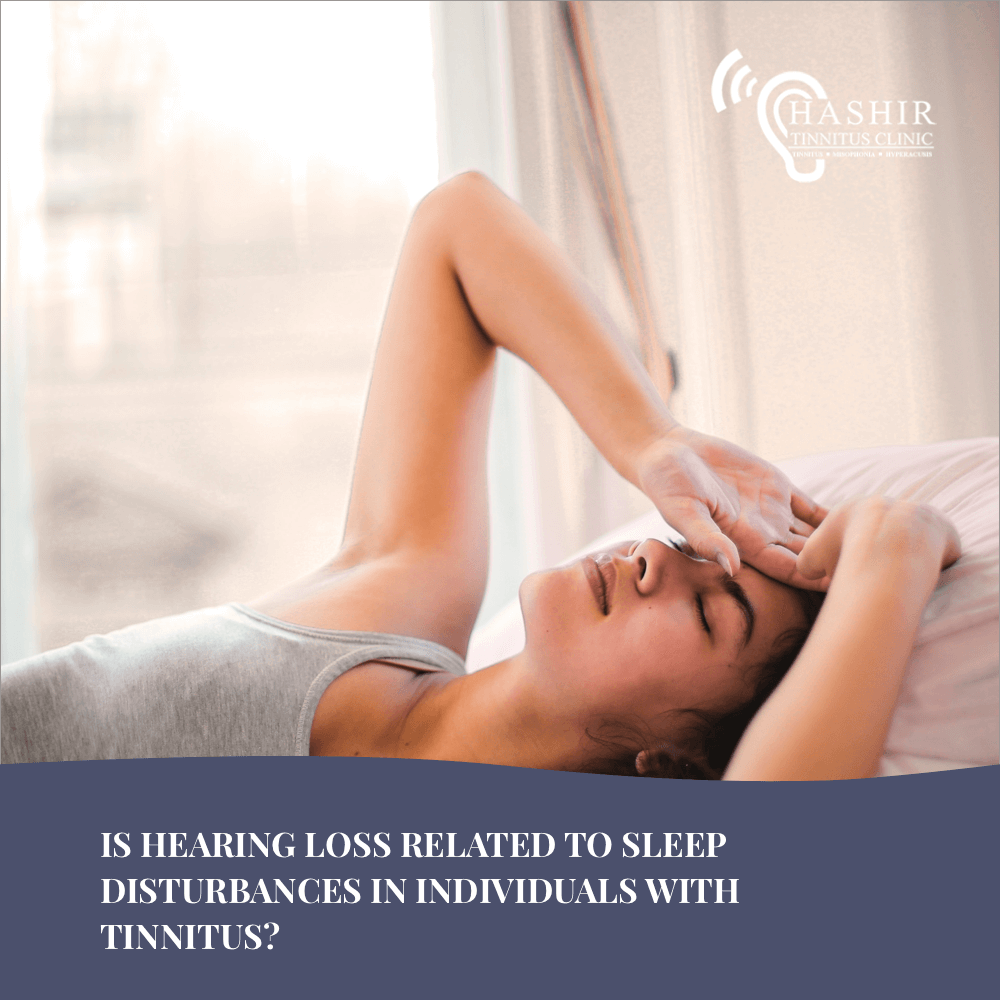
People with insomnia have higher bodily concentrations of oxidizing substances, perhaps because sleep reduces oxidative stress. Oxidative stress is one of the factors which have been suggested to govern deterioration of cells during the aging process. This is relevant to both age-related hearing loss and age-related sleep disturbances. It has been suggested that increased oxidizing substances levels may lead to hair cell death and hearing loss. Hence, high levels of insomnia may be associated with an increased risk of hearing loss. In addition, there is evidence that oxidant production is increased and nitric oxide production is reduced in the brain circulation reflux blood of patients with acute tinnitus. This suggests the possibility that insomnia, hearing loss and tinnitus are all linked to oxidative stress, although the causal relationships remain unclear.
In a collaborative study with scientists in University of Helsinki (Finland) and University of Cambridge, Dr. Aazh and his team assessed the relationship between insomnia and hearing loss for patients with tinnitus. Their results showed that for patients who sought help for tinnitus in an audiology clinic, there was no significant relationship between the severity of insomnia and hearing loss. Thus, the data do not support the idea that high levels of oxidative stress, which are associated with insomnia, have a strong influence on hearing loss among patients with tinnitus. To better understand the underlying mechanisms, further studies using oxidative markers are needed to investigate if tinnitus, hearing loss and insomnia are all linked to oxidative stress in specific sub-groups of patients, such as those with noise-induced hearing loss.
For more information click here